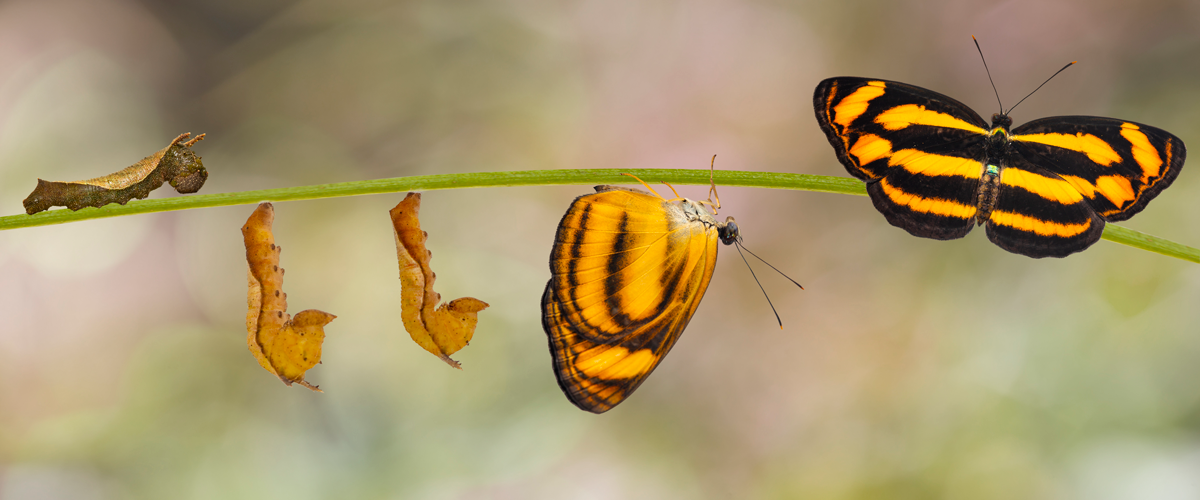What an incredible story Ørsted makes. Business magazine Corporate Knights wrote about the journey the coal-and-oil peddling Danish Oil & Natural Gas company (Dong) took to become world-leading offshore wind giant Ørsted in their spring 2019 issue – well worth a read if you have ten minutes.
This story has it all. A dirty secret, politics, local revolt, boardroom brawls, near-bankruptcy, a cameo from Al Gore…in short, a Netflix-ready docudrama. What’s more, this is a tale about saving the planet, where the good guys win. And they win big, with a 300% increase in their share price.
An extreme makeover story for the climate change era
What is the moral of the story? Well, a quick synopsis, to put it all in context. Dong was a global leader in coal-generated electricity. As they put it themselves, “Fossil fuels were seen as our core competence… Our employees said we are the best in the world in coal-fired power plants – we are the benchmark.”
However, inspired by Al Gore’s ‘An Inconvenient Truth’, rising regulation and protests against their development of a coal-fired power plant in Germany, a new generation of management decided to make a bold change of direction. They set off on what they believed to be a 30-year journey to transform the company from a fossil fuel focused corporate to a clean energy one – a ‘Black-to-Green transformation’.
This plan was met with a mix of scepticism and outright opposition. Employees saw change as a threat to their jobs; politicians were worried that the switch from oil and gas to renewable energy was too risky and as it was a state-owned company, management was called to answer these concerns. A boardroom bust-up in 2012 resulted in the chairman firing the CEO, followed seven months later by a credit rating downgrade from S&P as a gas price slump crimped profit.
This happened just as the company had invested heavily on developing wind farms. To avoid bankruptcy they sold off dirty assets, which only accelerated their transformation. When they exit their remaining coal power plants in 2023, their transformation will have taken just 15 years – half the time they originally envisaged.
Back to the moral of the story. If you want to make an impact, invest in the dirty companies and make them change. Ørsted, as Dong, was responsible for one-third of Denmark’s carbon dioxide emissions, a country with “one of the most carbon-intensive electricity-generation systems in Europe”. Today? The company aims to be carbon neutral by 2025 and Denmark is now heralded as a clean energy leader, with wind alone accounting for 47% of energy consumption in 2019. What an impact and transformation.
Everyone loves a winner, but invest in those in the early, shaky days of transition
Is it hard for Ørsted to attract capital now? Not at all – if they even need it. They are virtually debt free, and have financed their capital expenditure from operating cash flows and asset disposals. Rather, shareholders compete to hold shares, and have thus pushed their valuation to extreme levels.
However, which of those investors would have been there for them if they were public today in the form of Dong of 2008 – the early days, as they set out on their transformation, or Dong of 2012, a business struggling with losses and credit downgrades? Even in 2016, half-way through their transformation and having a relatively successful IPO, shares were cheap (7x EV/EBIT) and traded sideways for 18 months, dipping below the IPO price six months after launch. The big allocators of capital hadn’t yet decided to back the company; Blackrock, Vanguard and Capital Group combined held 1% of the shares. Today they hold 9%. The point is, our capital markets are pushing funds towards companies that are successful now, those that have made the transition.
What about companies eager to follow Ørsted, what investors are willing to support them as they clean up their act, often at a stage in the transition closer to Dong-2008 or Dong-2012. If we don’t back these companies, how can we really support the energy transition?
This is where investors can make a real impact and help combat climate change. It is by backing those who actively need support as they transition to a better, cleaner way of working – not by fighting with other investors for the honour of holding Ørsted shares.
Past performance is not a guide to the future. The price of investments and the income from them may fall as well as rise and investors may not get back the full amount invested.
The information shown above is for illustrative purposes only and is not intended to be, and should not be interpreted as, recommendations or advice.
Unless otherwise stated, all opinions within this document are those of the UK Value and Income Team, as at 17th May 2021.

